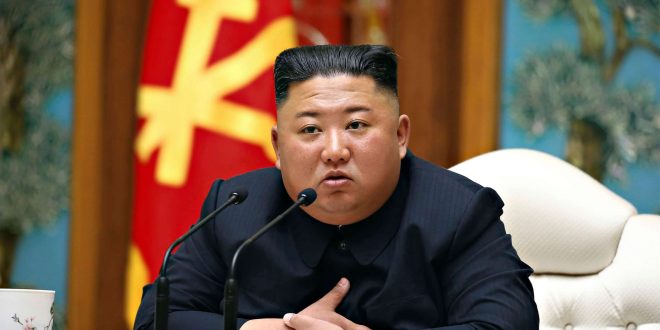AT News
KABUL – In a bid to control the appearances of Afghan men, the Taliban’s ministry of virtue and vice has introduced stringent rules for barbers, forbidding hairstyles reminiscent of “infidels in the West or North Korea”. The directives, confirmed by a regional ministry official in Herat, specifically target cuts resembling North Korean leader Kim Jong Un’s distinctive look.
According to Taliban official, Azizul Rahman Mohajer, certain haircuts were deemed inappropriate as they mirrored styles from the West or North Korea. Barbers are now obligated to reject requests for trendy hairstyles or trimmed beards, aligning with the Taliban’s principles.
The guidelines also specify that beards should be no shorter than “one strand,” and men’s eyebrows should remain untrimmed. Barbershops are instructed not to play music or display images promoting undesirable styles. It remains unclear whether these rules are exclusive to Herat or applicable nationwide.
This move is the latest in the Taliban’s efforts to regulate the appearance of Afghan men and women since regaining power in 2021. The group has previously mandated male government employees to grow beards and wear traditional attire under the risk of dismissal. In certain regions, men have been compelled to attend prayers, and Western-style clothing, including jeans and suits, has been banned.
The Ministry for the Promotion of Virtue and the Prevention of Vice has consistently issued orders, claiming to align with the Taliban’s interpretation of Islamic law. The enforcement of strict gender segregation in various public spaces, along with stringent dress codes for women, underscores the Taliban’s determination to reshape Afghan society in accordance with its ideological stance.
The latest hairstyle regulations have raised concerns among Afghan barbers, some questioning the religious justification for such restrictions. The move is anticipated to impact businesses and has sparked debates about individual freedoms in grooming choices.
As the Taliban continues to assert control over various aspects of daily life, including appearances, the Afghan population faces increasing challenges in adapting to the group’s strict interpretation of Islamic law.
 Afghanistan Times
Afghanistan Times




